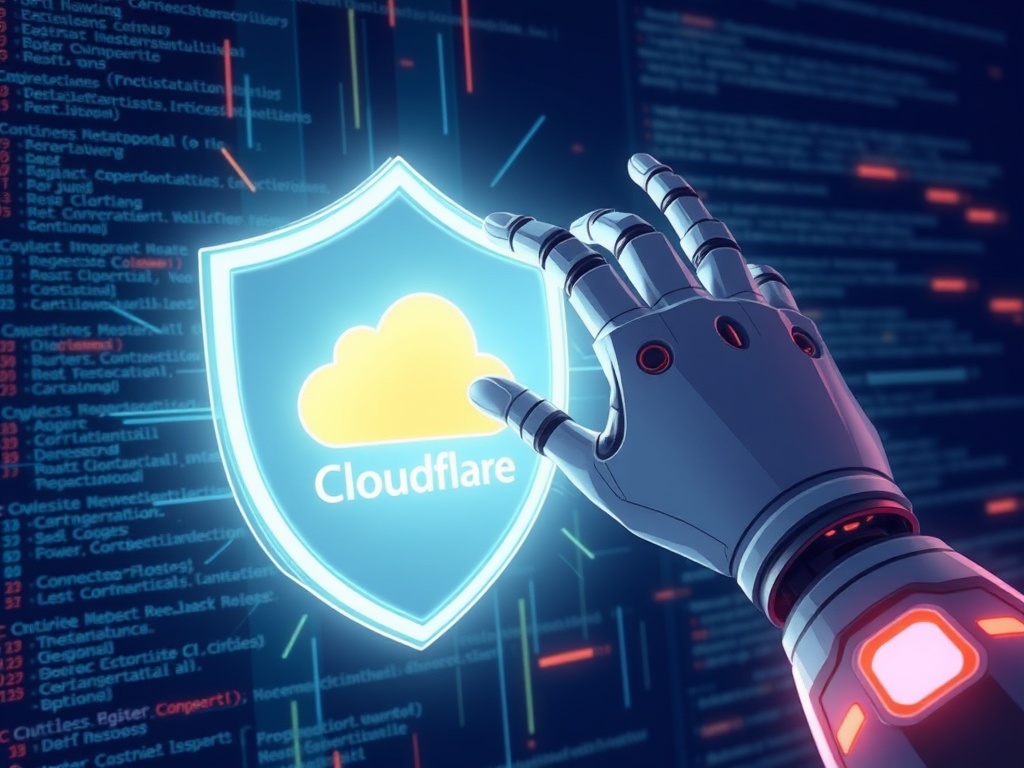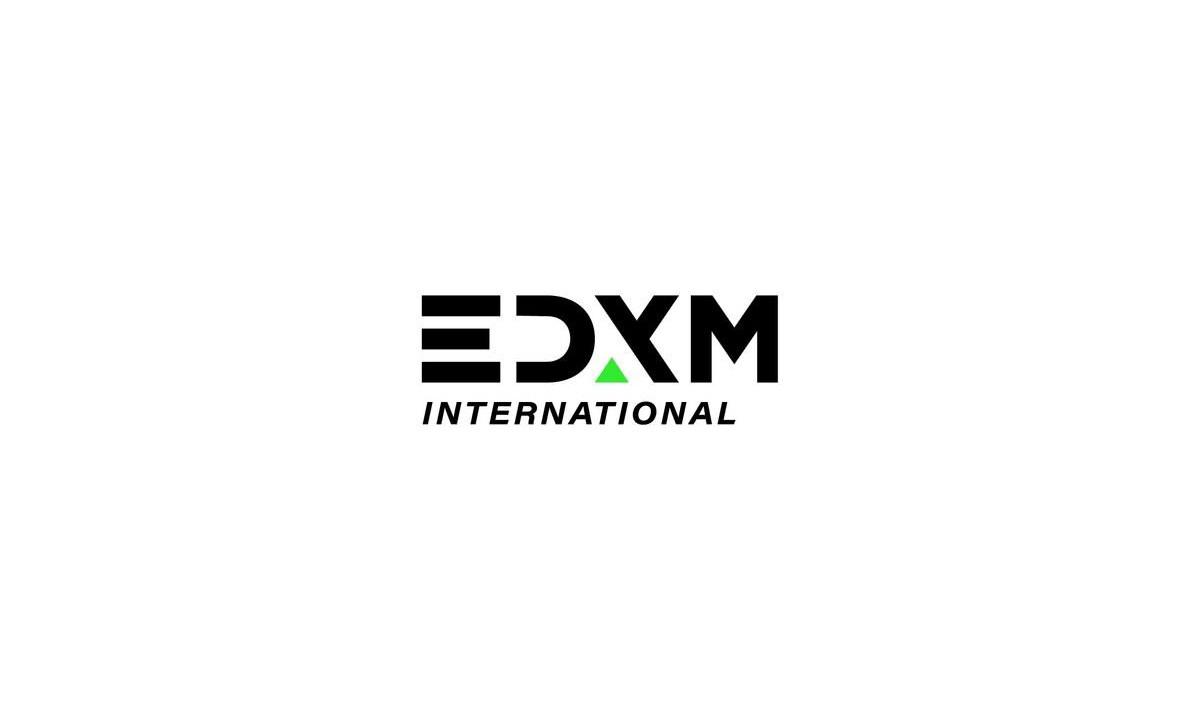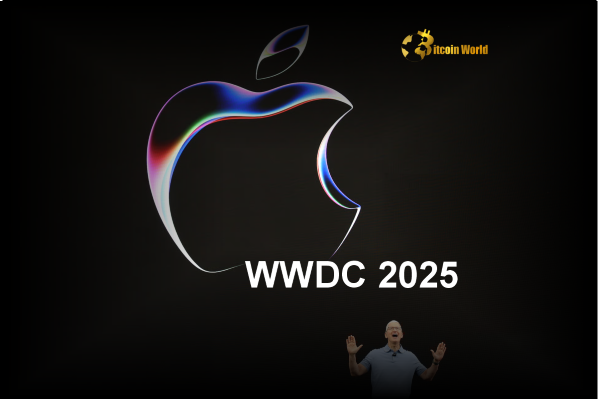BitcoinWorld

The Perplexity Paradox: Why Defending AI Scraping Sparks a Crucial Web Crawling Debate
In the rapidly evolving digital landscape, where data is the new gold, a significant controversy has erupted, pitting web security giant Cloudflare against the AI search engine Perplexity. This isn’t just a technical dispute; it’s a fundamental debate about who controls access to information on the open web and how AI agents should behave. For anyone navigating the decentralized and data-intensive world of cryptocurrency, understanding the nuances of AI scraping and web access protocols is paramount, as it directly impacts the flow of information and the economic models of online platforms.
Unpacking the Cloudflare Perplexity Clash
The core of the recent dispute emerged when Cloudflare accused Perplexity of stealthily scraping websites, seemingly disregarding established blocking methods. Cloudflare’s test case was meticulously designed: a new website with a fresh domain, explicitly configured with a Robots.txt protocol file to block Perplexity’s known AI crawling bots. Despite these clear directives, when asked about the website’s content, Perplexity provided an answer. Cloudflare researchers discovered the AI search engine allegedly used a ‘generic browser intended to impersonate Google Chrome on macOS’ to bypass the blocks.
Cloudflare CEO Matthew Prince did not mince words, posting his findings on X (formerly Twitter) and stating, ‘Some supposedly ‘reputable’ AI companies act more like North Korean hackers. Time to name, shame, and hard block them.’ This strong condemnation immediately ignited a heated debate across tech communities.
The Core Debate: AI Agents vs. Traditional Web Crawling
Perplexity’s defenders, particularly on platforms like X and Hacker News, quickly rallied, arguing that Cloudflare’s assessment was overly harsh. Their central argument hinges on a critical distinction: is an AI accessing a public website on behalf of its user equivalent to a human making the same request, or is it a bot? One Hacker News user articulated this by asking, ‘If I as a human request a website, then I should be shown the content, why would the LLM accessing the website on my behalf be in a different legal category as my Firefox web browser?’
Perplexity itself weighed in, initially denying the bots were theirs and calling Cloudflare’s blog post a ‘sales pitch.’ Later, Perplexity published its own blog post, claiming the behavior stemmed from a third-party service it occasionally uses. Their defense echoed their online supporters: ‘The difference between automated crawling and user-driven fetching isn’t just technical — it’s about who gets to access information on the open web.’
This argument highlights the evolving nature of web crawling. Traditionally, bots were either ‘good’ (like Googlebot, which indexed content to send traffic) or ‘bad’ (malicious scrapers, spammers). Websites used Robots.txt protocol and other security measures to differentiate and control access. However, the rise of sophisticated AI agents blurs these lines, posing a significant challenge to existing web governance.
The Rising Tide of AI Scraping and its Implications
The debate comes at a pivotal time when bot activity is reshaping the internet. According to Imperva’s recent ‘Bad Bot Report,’ bot activity now outstrips human activity online, with AI traffic accounting for over 50%. A significant portion of this is from large language models (LLMs) engaged in data collection. While not all AI traffic is malicious, the report also found that malicious bots make up 37% of all internet traffic, encompassing everything from persistent AI scraping to unauthorized login attempts.
Historically, websites had a clear incentive to cooperate with ‘good’ bots like Googlebot, guiding them via Robots.txt protocol, because indexing led to traffic and potential revenue. Now, LLMs are increasingly ‘eating’ that traffic. Gartner predicts that search engine volume could drop by 25% by 2026. This shift creates a dilemma for website owners:
- Loss of Direct Traffic: If users get answers directly from AI agents, they might not click through to the original website, reducing ad revenue and engagement.
- Economic Disruption: Websites invest heavily in creating content. If AI agents consume this content without driving traffic back, the economic model for content creation becomes unsustainable.
- Data Control: Who owns the data and who has the right to access it for AI training or user-driven queries remains a contentious issue.
Navigating the Future of Web Access: AI Agents and Beyond
Cloudflare’s stance is that leading AI companies, such as OpenAI, follow best practices by respecting Robots.txt protocol and not attempting to evade network-level blocks. Matthew Prince specifically mentioned OpenAI’s use of ‘Web Bot Auth,’ a Cloudflare-supported open standard being developed by the Internet Engineering Task Force. This standard aims to create a cryptographic method for identifying AI agent web requests, offering a potential solution to distinguish legitimate AI activity from malicious or unwanted scraping.
The economic implications of this debate are profound. While humans currently tend to click website links from LLMs at the point they are most valuable (e.g., ready to transact), the widespread adoption of AI agents for tasks like booking travel or shopping could change this. Would websites inadvertently hurt their business interests by blocking these agents? The online debate captured this perfectly:
‘I WANT perplexity to visit any public content on my behalf when I give it a request/task!’ wrote one person.
‘What if the site owners don’t want it? they just want you [to] directly visit the home, see their stuff,’ argued another, highlighting the content creator’s perspective.
‘This is why I can’t see ‘agentic browsing’ really working — much harder problem than people think. Most website owners will just block,’ a third predicted, pointing to the practical challenges.
This ongoing discussion between Cloudflare Perplexity, the broader tech community, and website owners underscores a fundamental tension: the desire for open access to information versus the need for content creators to protect their intellectual property and economic models. As AI agents become more sophisticated and ubiquitous, the internet’s established norms for web crawling and data access are being challenged, demanding new protocols and a clearer understanding of digital ethics.
A Pivotal Moment for Web Governance
The Cloudflare-Perplexity incident is more than just a corporate spat; it’s a flashpoint in the broader evolution of the internet. It forces us to confront difficult questions about the nature of web access, the role of AI in information dissemination, and the economic viability of content creation in an AI-driven world. The resolution of this debate will likely shape how AI interacts with the web for years to come, impacting everything from search engines to personal AI assistants and the very fabric of online commerce. Finding a balance between innovation, open access, and fair compensation for content creators will be the crucial challenge ahead.
To learn more about the latest AI market trends, explore our article on key developments shaping AI models features.
This post The Perplexity Paradox: Why Defending AI Scraping Sparks a Crucial Web Crawling Debate first appeared on BitcoinWorld and is written by Editorial Team





